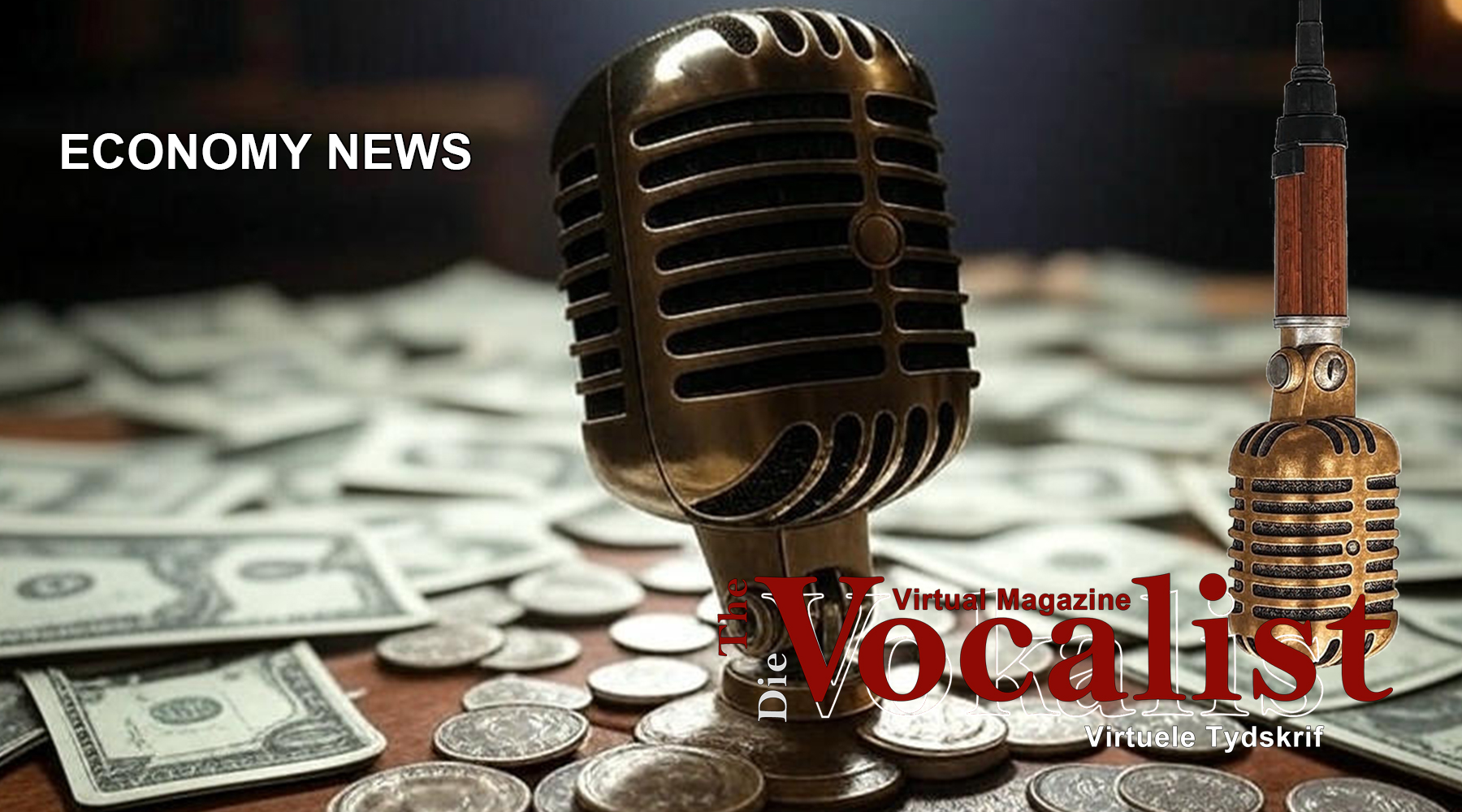In a landmark development for South Africa’s music industry, the past two days have seen a surge in optimism as new data highlights a significant increase in streaming revenues for local artists, marking a pivotal moment for the economic landscape of musicians across the country. On July 17, 2025, industry stakeholders announced that royalties from global streaming platforms have reached unprecedented levels, providing a lifeline to artists grappling with the challenges of a historically underfunded sector. This economic boost, driven by the global popularity of genres like amapiano and the strategic efforts of local artists to penetrate international markets, is reshaping the financial prospects for South African musicians and signaling a new era of economic empowerment.
The South African music industry has faced significant economic hurdles in recent years, with challenges ranging from declining physical album sales to the lingering impacts of the COVID-19 pandemic, which shuttered live performance venues. However, the rise of digital streaming platforms has proven to be a game-changer. In 2025, South African artists have collectively generated millions in royalties from platforms like Spotify, Apple Music, and YouTube, with a reported 20% increase in earnings compared to the previous year. This surge is largely attributed to the global appetite for South African music, particularly amapiano, which has captivated audiences from London to Lagos. Artists like Tyla, whose hit “Water” continues to dominate global charts, and Kabza De Small, whose album Bab’Motha was released on July 18, 2025, are at the forefront of this economic renaissance.
The economic impact of this streaming boom is multifaceted. For independent artists, the financial benefits are particularly transformative. Unlike signed artists, who often split royalties with labels, independent musicians retain a larger share of their earnings—up to R100,000 for one million streams on Apple Music, compared to R48,000 for signed artists. This financial independence allows artists to invest in their careers, from upgrading home studios to funding music videos that amplify their global reach. For example, a young artist from Soweto, known as Lira M, shared how streaming revenue enabled her to produce her debut EP without relying on traditional label support. “I used to busk on the streets,” she said. “Now, my music is paying for itself, and I’m reaching fans I never thought possible.”
The economic ripple effect extends beyond individual artists. The influx of streaming revenue is revitalizing related sectors, such as music production and digital marketing. Local studios are reporting increased demand for professional recording services as artists reinvest their earnings to meet the high production standards required for global platforms. Additionally, digital marketing agencies specializing in music promotion are thriving, with firms like Joburg-based SoundWave Media noting a 30% uptick in clients seeking to optimize their online presence. This growth is creating jobs for producers, engineers, and content creators, contributing to the broader creative economy.
Government and industry bodies are also taking notice. The Department of Sports, Arts and Culture has announced plans to collaborate with streaming platforms to ensure fair royalty distribution, addressing longstanding concerns about transparency in the industry. This initiative, unveiled on July 16, 2025, aims to establish a framework for tracking streaming data and ensuring artists receive their due payments. Such measures are critical in an industry where, historically, royalty disputes have hindered financial stability. The Recording Industry of South Africa (RISA) has further supported this effort by launching a task force to educate artists on monetizing their digital presence, empowering them to navigate the complexities of streaming economics.
Despite these gains, challenges remain. The digital divide in South Africa means that not all artists have equal access to the tools needed to succeed in the streaming era, such as high-speed internet or advanced recording equipment. Rural musicians, in particular, face barriers to uploading and promoting their work online. To address this, initiatives like the Music In Africa Foundation’s digital training programs, expanded on July 17, 2025, are equipping artists with the skills to leverage streaming platforms effectively. These programs offer free workshops on music distribution, social media strategy, and copyright management, ensuring that even emerging artists can capitalize on the streaming boom.
The economic surge is also fostering a sense of cultural pride. South African music, once overshadowed by international genres, is now a global export, with artists like Master KG and Nkosazana Daughter commanding millions of streams worldwide. This international success translates into tangible economic benefits, as foreign royalty payments flow back into the country, bolstering local economies. For instance, a single radio spin on major stations like Metro FM can generate significant earnings, with estimates suggesting R170,000 for 1,000 spins, providing a steady income stream for artists.
As South Africa’s music industry rides this wave of economic growth, the future looks promising. The streaming revenue surge is not just a financial boon but a testament to the resilience and creativity of South African musicians. From the pulsating beats of amapiano to the soulful melodies of Afro-jazz, the country’s artists are proving that their music is not only an art form but a powerful economic force. As they continue to innovate and connect with global audiences, the economic landscape for South African musicians is set to flourish, offering a brighter, more sustainable future for the industry.
Discover more from Vocalist
Subscribe to get the latest posts sent to your email.





